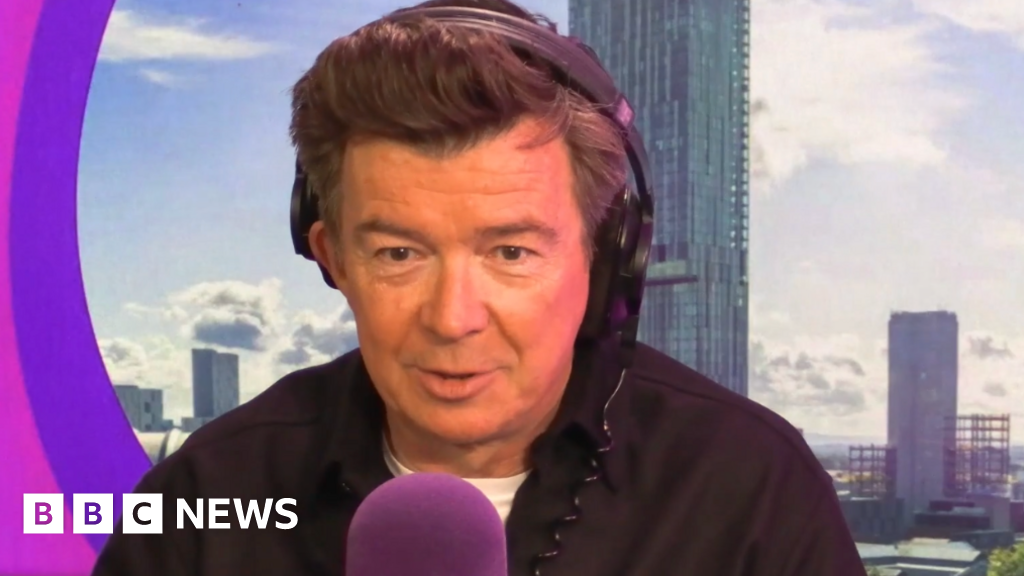Is Keir Starmer’s worst political nightmare about to unfold? Following Angela Rayner’s resignation from the cabinet as well as her role as Labour’s deputy leader, the party has been plunged into another self-inflicted crisis.
Labour is a party where ideological schism and civil war are never far away – and, as the contest to replace her begins, the prime minister’s problems may be about to get a great deal worse.
Of the current runners and riders for the deputy leadership – and, at the time of writing, only Emily Thornberry has indicated she is even thinking of going for it – several possible candidates could pose a threat to the prime minister’s authority.
But first, the good news for Starmer. Whomever is declared the winner in October, they will be a sitting MP chosen by the Labour membership… and unlikely to come from within the party’s hard-left. To secure their nomination, candidates first require the backing of roughly 80 MPs, 20 per cent of the Parliamentary Labour Party (PLP) – and have until 5pm on Thursday to collect the required signatures, leading to calls that it is a “stitch-up”.
If what was once the Corbynite/Momentum wing of the party is to be in with a chance, it will have to coalesce around a chosen figure. In this respect, the Corbyn/Sultana breakaway movement has done Labour’s hard-left a disservice.
Starmer is likely to face a more potent challenge from its so-called soft-left, the broad centre-left space where most of the party’s 300,000 members are most at home. As if by magic, this weekend, a new soft-left caucus called Mainstream, supported by figures such as Greater Manchester mayor Andy Burnham, MPs Clive Lewis and Dawn Butler, and former Blair-era minister Clare Short, announced itself as “the home for Labour’s radical realists”.
In this tradition, an obvious contender is Anneliese Dodds, the former minister who resigned over cuts to the international aid budget. Dodds has made clear her dissatisfaction with the party’s direction. Yet by reputation, she is a team player with a constructive style, having worked closely with Starmer’s team in the past. Dodds is probably the candidate of the left that the prime minister would welcome most.
Veteran Islington MP Emily Thornberry – who was notably excluded from Starmer’s cabinet, despite having previously served as shadow attorney general in opposition – could find favour. Now chair of the foreign affairs committee, she has been pointed in criticising the government’s Middle East policy for failing to sanction Israeli genocide in Gaza, accusing ministers of refusing to listen to their natural supporters. That she is another north London MP – in Starmer’s neighbouring constituency, no less – might prove too cosy a look and an insuperable obstacle in this contest.
Perhaps Starmer’s greatest threat comes from the former secretary of state for transport, Louise Haigh, who resigned over an impropriety relating to the theft of her mobile phone a decade ago. An ally of the Greater Manchester Mayor, Andy Burnham, who is close to the trade unions, her candidacy would project a full-throated critique of the Starmer government’s policies alongside the pervasive influence of the metropolitan elite. Like Rayner, Haigh represents a northern English working-class constituency.
The former minister has repeatedly highlighted failings in the government’s economic strategy. She is a persistent critic of Treasury orthodoxy, fiscal rules and the restrictions allegedly imposed on public spending by the Office for Budget Responsibility (OBR). She was a rebel on recent welfare reform legislation, warning Starmer against a naive, simplistic shift to the right in tackling the electoral threat posed by Reform.
In a recent New Statesman article, Haigh insisted: “If we let unelected institutions dictate the limits of change, we betray the people and communities who put their trust in us.” It was vital to “challenge establishment orthodoxy” and ensure “bold, radical thinking at the heart of government”. Haigh would no doubt make the defence of employment rights legislation (which Starmer’s allies would apparently like watered down) and the pursuit of regionally balanced growth the cornerstone of her deputy leadership bid.
Of course, there is no guarantee Haigh would win, particularly given the circumstances of her recent departure, after it emerged she had pleaded guilty to a fraud offence a decade ago. One of her first headline-grabbing actions as transport secretary was to offer striking train drivers a 15 per cent pay rise.
Labour’s deputy leader has few formal powers and cannot dictate policy. The prime minister’s reshuffle was an effort to reassert authority, recasting the government in his image. Yet her presence in the race would intensify the political threat facing Starmer. It has the potential to make his life very uncomfortable indeed.
Patrick Diamond is professor of public policy at Queen Mary, University of London, and a former government special adviser




